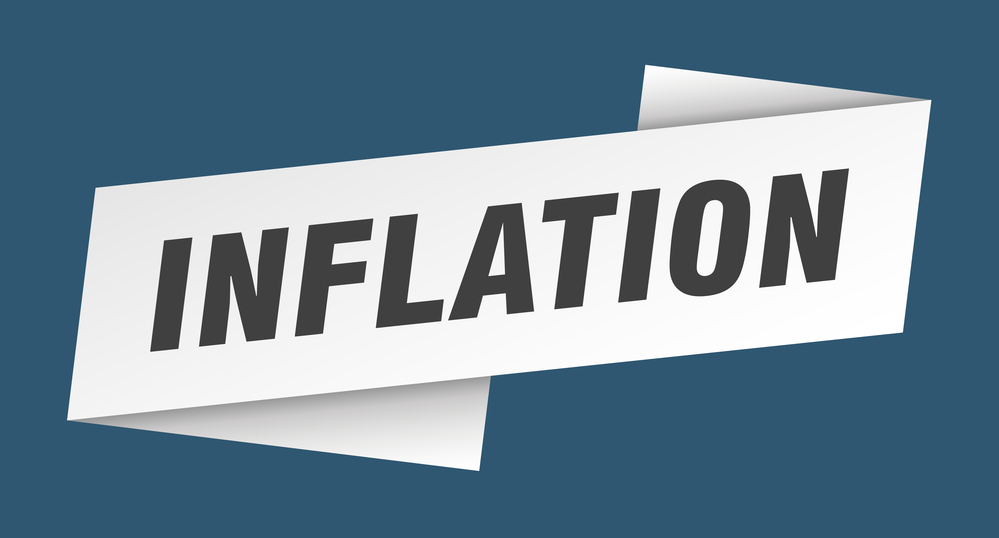
Monetary Policy & Inflation | US

Monetary Policy & Inflation | US
This article is only available to Macro Hive subscribers. Sign-up to receive world-class macro analysis with a daily curated newsletter, podcast, original content from award-winning researchers, cross market strategy, equity insights, trade ideas, crypto flow frameworks, academic paper summaries, explanation and analysis of market-moving events, community investor chat room, and more.
LA fires remain uncontained and could turn out the most costly in the world with preliminary damages estimates above $50bn.
Fires happen regularly in California and have worsened in recent years. As in Florida, that is exposed to another type of natural disaster, hurricanes, private insurers have jacked up rates and started to withdraw coverage of areas most at risk. This has led both states governments to set up a state sponsored insurer of last resort.
It is likely California’s state sponsored insurer, FAIR, will be unable to absorb the cost of the ongoing fires. Under current laws, some of FAIR losses could be passed on to private insurers but the scale of the damages suggests additional state resources will be needed. Otherwise, private insurers could leave California altogether!
The shoring up of FAIR with state money could prove politically contentious as taxpayer money would in effect be used to indemnify the owners of some of the most expensive real estate in LA. consequently, California will likely reconsider its insurance plans and zoning laws.
Longer term, government and private insurers are likely to create new restrictions on construction and safety requirements. For instance, prior to the current fires, State Farm had already announced it was withdrawing cover to 69% of its policies in Pacific Palisades, one of the areas hit by the fires. A full rebuilding with the same density of the LA communities that have been hit may be unfeasible because some of the properties are in areas at high fire risk.
From a macro perspective, the fires illustrate how climate change is a negative supply shock. Besides the direct destruction of housing, production assets and infrastructure, extreme weather is lowering the productivity of existing assets. For instance, regular droughts reduce canals’ usability (e.g., Panama Canal) and lower the associated revenue stream.
Also, business operations become more expensive as additional protection and mitigation of climate hazards must be implemented.
That is one reason I am skeptical the pre-pandemic US goods deflation has returned permanently. Data is pointing in the opposite direction (Chart 1).
The Fed hopes that, like pre-pandemic, below target goods inflation can offset above target services inflation. LA’s tragic events suggest this may be unfeasible.
I still expect no Fed cuts in 2025, against market consensus for two cuts.
Spring sale - Prime Membership only £3 for 3 months! Get trade ideas and macro insights now
Your subscription has been successfully canceled.
Discount Applied - Your subscription has now updated with Coupon and from next payment Discount will be applied.